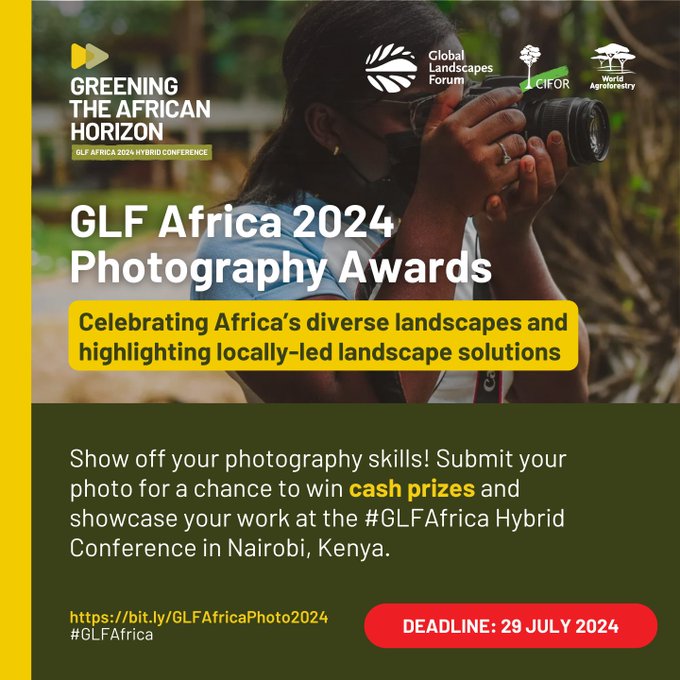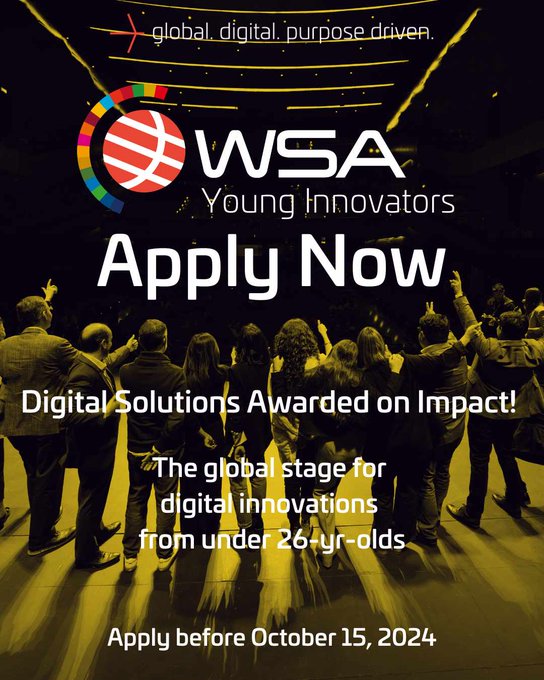
2019 Cisco Global Problem Solver Challenge
Deadline: January 11, 2019.
Cisco is committed to positively impacting 1 billion people by 2025. As part of our work, we seek to inspire and empower a generation of global problem solvers who will not only survive – but drive and thrive – in our increasingly digital economy. With the Internet of Things (IoT) and digital technologies connecting more devices and data than ever before, good ideas now have the ability to make a difference more quickly than ever before – and we’re here to help.
Our third annual Cisco Global Problem Solver Challenge aims to recognize new business ideas that leverage technology for social impact from student entrepreneurs around the world. The Challenge is open to students and recent alumni from any college or university. $300,000 USD in prize money will help accelerate the adoption of breakthrough technology, products, and services that drive economic development and/or solve social or environmental problems.
ELIGIBILITIES
This Contest is open and offered only to
(1) individuals age eighteen (18) years or older at the time of registration (“Individual Participant”)
2) teams of up to five individuals age eighteen (18) years or older at the time of registration (“Team Participant”).
(3) legal business entities (“Business Entity Participant”) satisfying the following requirements:
- Individual Participant. Individuals must be either (a) current students at any post-secondary institution, or (b) recent graduates who completed a post-secondary degree after March 1, 2017.
- Team Participant. A minimum of fifty percent (50%) of the individual members comprising a team must be either (a) current students at any post-secondary institution, or (b) recent graduates who completed a post-secondary degree after March 1, 2017.
- Business Entity Participant. Business entities must be at least 25 percent (25%) owned by (a) current students at any post-secondary institution, and/or (b) recent graduates who completed a post-secondary degree after March 1, 2017. Business Participants may be required, in Sponsor’s sole discretion, to provide proof of business ownership for verification purposes.
For purposes of this Contest, “post-secondary” refers to an education beyond high school level as defined in the United States, such as education offered by colleges, universities, vocational schools, and any other educational facility that provides an academic degree or certificate.
REQUIREMENTS
A. Individuals: Individual Participants may enter the Contest in their individual capacities to develop and submit a single Entry
B. Teams: As an alternative to participating as a single individual, a group of individuals may elect to form a team (“Team”) of up to five members to develop and submit a single Entry.
C. Business Entities: Business Entity Participants must enter the Contest on behalf of their legal business organizations to develop and submit a single Entry.
PRIZES
A. $100,000 USD Grand Prize: A single team will be designated the grand prize winner.
B. $75,000 USD First Runner Up: A single team will be designated first runner up.
C. $25,000 USD Second Runners Up: Three teams will be designated the Second Runners Up and will receive $25,000 USD each.
D. $10,000 USD Third Runners Up: Four teams will be designated the Third Runners Up and will receive $10,000 USD each.
E. $10,000 USD People’s Choice: The finalist entry that receives the most votes will receive the People’s Choice Award.
JUDGING CRITERIA
All Entries that meet the eligibility criteria for the Contest and do not otherwise violate any terms and conditions of the Contest, as solely determined by Sponsor, will advance to Judging Round One.
For Judging Round One, Judging Round Two, and Judging Round Three, the Judging Panel will make their selection based on the content of the Entries and using the following criteria:
1. Innovative Internet of Things (IoT) or digital technology aspect of solution: How innovative is the solution in its use of new or existing technology to solve a local or global problem? Are there other solutions available and if so, how does this differentiate from them? (33%)
2. Feasibility: How feasible is the solution to put into practice? Does the solution make sense financially? Will the solution be sustainable over the long term? (24%)
3. Impact: What is the scale of potential social impact? How broad is the impact? How many people will your solution reach? How significant is the impact? (33%)
4. Clarity: How well do you articulate your solution and the potential impact it will have on society? (10%)
OFFICIAL LINK
https://cisco.innovationchallenge.com/cisco-global-problem-solver-challenge-2019



